What is Normal Infant Sleep from an Anthropological Perspective
*If you want articles like this to come directly to your email, sign up here.
I recently wrote an article about why it’s hard to know what normal sleep for a baby “should” be.
In the article, I talk about:
Why it is so challenging to understand what "normal" sleep actually looks like; and
How it varies depending on how you look at it.
You can imagine my excitement when I saw a free online talk this week called "What is Normal Infant Sleep"! (OK, I won't make you imagine: I was pretty elated.) So consider this article a jubulent Part II of “Why We Don’t Really Know What Normal Infant Sleep Is”.
The talk this week was presented by Dr. Helen Ball, an anthropologist from the U.K. whose work aligns well with the approach I take with infant sleep.
If you want to geek out on infant sleep, or simply need a boost of confidence that how you are responding to your baby is reasonable, it may be worth the watch. (It's 40 minutes but even the first 10 minutes is a great encouragement for those of you wondering why it feels like you are "doing something wrong" with your baby's sleep even if you are trying to do everything "right").
In the presentation, Dr. Ball talks about why it feels so hard sometimes to go against the conventional wisdom that babies are supposed to sleep through the night and don't need to be close to you. It's got a lot of reassuring perspectives and makes me quite giddy, to be honest.
But if you don't choose to spend your time watching it (understandably --you've got a lot on your plate!), here is one idea that I mention in my article from two weeks ago and that Dr. Ball really makes clear in her presentation:
There are three ways to look at "normal" infant sleep:
1. Culturally Normal. Our cultural norms here in North America (and in many western countries) tend to be that "good babies" sleep through the night, crying is "good" for babies, and babies won't learn to sleep if rocked or cuddled. In my view, when you hear a sentence that starts with "everybody knows...." there's a pretty high likelihood that it is considered culturally "normal", and often not true. Not always wrong either, but usually no one bothers to explore whether it’s accurate or not because...well, everybody "knows" it's true!
2. Statistically Normal. We can look at research data and find that what is "normal" for baby sleep at particular ages has a very wide range. What tends to happen, however, is the average hours that babies in research studies are getting shared as "shoulds": babies "should" be sleeping x number of hours; babies "must" get x hours of sleep and y naps a day for optimal brain development.
When you hear "should", there's a good chance that you're seeing statistics-gone-wild. Instead, it may be helpful to look at this chart from the National Institute of Sleep, which shows just how varied babies' sleep is across several studies (addendum: or read my blog from July 12th 2022 where I explore how much sleep your baby needs). (If you don't want to click the link, I'll tell you what you'd see: wildly large ranges of total sleep hours, especially in the first year. For example, from 0 to 3 months, sleep norms ranged from 12 to 16 hours in a 24 hour period (and individual babies were sleeping from 8 to 22 hours).
3. Biologically Normal. Here's where I get super excited. Sleep is biologically-driven. A baby's physiology (and a mother's milk) demand that babies wake up often and that parents stay close to their baby. Although skills for sleeping independently can be explored eventually, the need for babies to have support to sleep is normal from a biological and anthropological perspective.
Ultimately, "normal" sleep is impacted by what we believe (culture), what we know (statistics), and what nature dictates (biology). Exploring all of these can help you understand sleep so that you can support it better. It can also help you separate out sleep challenges that need to be addressed (like reflux, sleep apnea, and sensory issues) from sleep development that can be supported.
Warmly,
Heather
